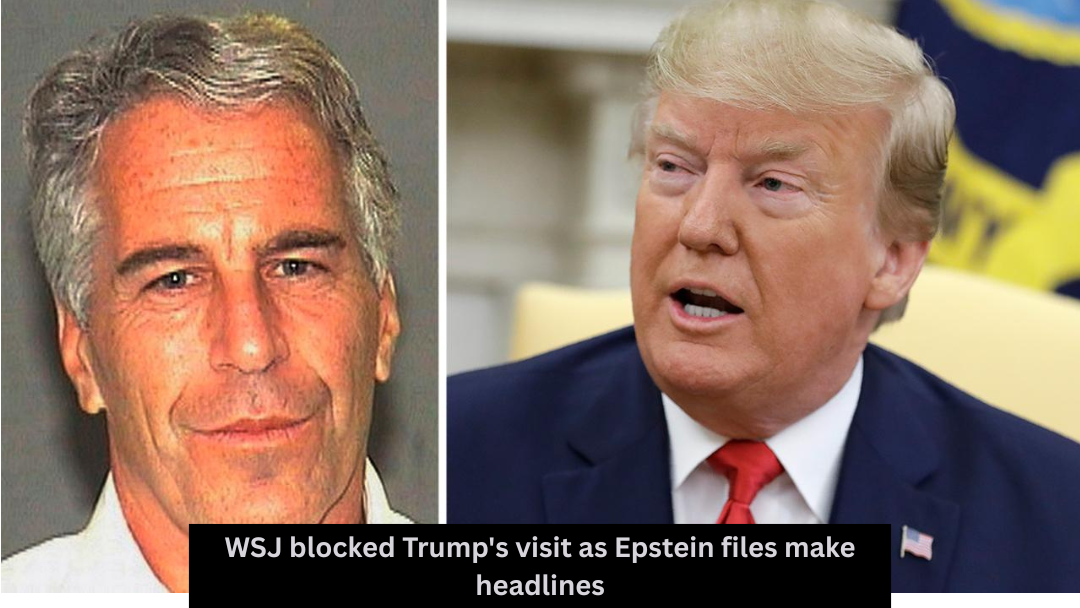Ripple’s acquisition of Hidden Road is not just a financial maneuver — it represents a philosophical shift in how the company envisions the future of finance. For years, one of the core challenges in the digital asset industry has been building trust with large financial institutions. By bringing Hidden Road under its umbrella, Ripple aims to offer the same level of sophistication, reliability, and regulatory compliance expected from top-tier traditional financial service providers.
Hidden Road’s systems currently settle over 50 million transactions per day. These transactions often take up to 24 hours to clear using legacy financial infrastructure. With Ripple’s blockchain-based settlement technology, particularly the XRP Ledger, settlement times can be slashed from hours to seconds. The implications for efficiency, risk management, and capital requirements are enormous — especially for institutional clients operating on tight margins and strict timelines.
Ripple’s Broader Growth Strategy
This acquisition is also in line with Ripple’s global expansion goals. Over the past few years, Ripple has steadily built a presence in Asia-Pacific, the Middle East, and Latin America. With full ownership of a global prime broker, the company now has the infrastructure to provide end-to-end services to institutions— from on-ramping fiat to trading digital assets, clearing trades, and settling transactions—all under one roof.
Moreover, Ripple’s recent legal clarity with U.S. regulators strengthens its hand. With Hidden Road’s regulatory registrations and licenses across several jurisdictions, including the U.K. and Singapore, Ripple can now aggressively offer its services in markets previously difficult to access.
Impact on the XRP Ecosystem
The use of Ripple’s stablecoin RLUSD within Hidden Road’s operations will bring more liquidity and real-world utility to the XRP Ledger. This move could help XRP regain momentum as a utility-focused asset after years of legal scrutiny and underperformance relative to its early promise.
David Schwartz, Ripple’s CTO, remarked on X (formerly Twitter) that this acquisition is a “defining moment” for the XRP ecosystem. He emphasized how the integration of traditional financial volumes into the XRPL could demonstrate the blockchain’s scalability and reliability at an institutional level.
Market Reactions and Analyst Views
Crypto markets reacted positively to the announcement, with Ripple’s native token XRP seeing a modest uptick in trading volume and price shortly after the news broke. Market analysts have described the acquisition as “transformational” for Ripple and as a sign that consolidation in the crypto sector is entering a new phase — one driven by utility, not speculation.
Traditional financial institutions have also expressed interest. Several banks and hedge funds that currently rely on Hidden Road’s services are reportedly considering deeper engagement with Ripple’s blockchain ecosystem, which could lead to more widespread adoption of RLUSD and XRP in financial transactions.
What’s Next for Ripple and Hidden Road?
While the acquisition deal is still subject to regulatory approvals, insiders suggest the integration plan is already underway. Ripple plans to retain Hidden Road’s key leadership and staff, ensuring continuity while layering in blockchain innovation.
Once the deal closes, Ripple’s institutional clients will gain access to a fully integrated stack — from custody and clearing to trading and settlement — supported by blockchain infrastructure and compliant across major jurisdictions.
Final Thoughts
Ripple acquires Hidden Road for $1.25 billion — a move that could go down as a watershed moment in the convergence of digital and traditional finance. As regulatory landscapes stabilize and institutional appetite for crypto grows, Ripple is positioning itself not just as a blockchain payments provider but as a full-fledged financial infrastructure company.
This acquisition could fundamentally reshape how capital flows globally, offering faster, cheaper, and more transparent alternatives to the systems that have long dominated finance. If successful, Ripple’s Hidden Road integration could be a template for the future of financial services worldwide.













Leave a Reply